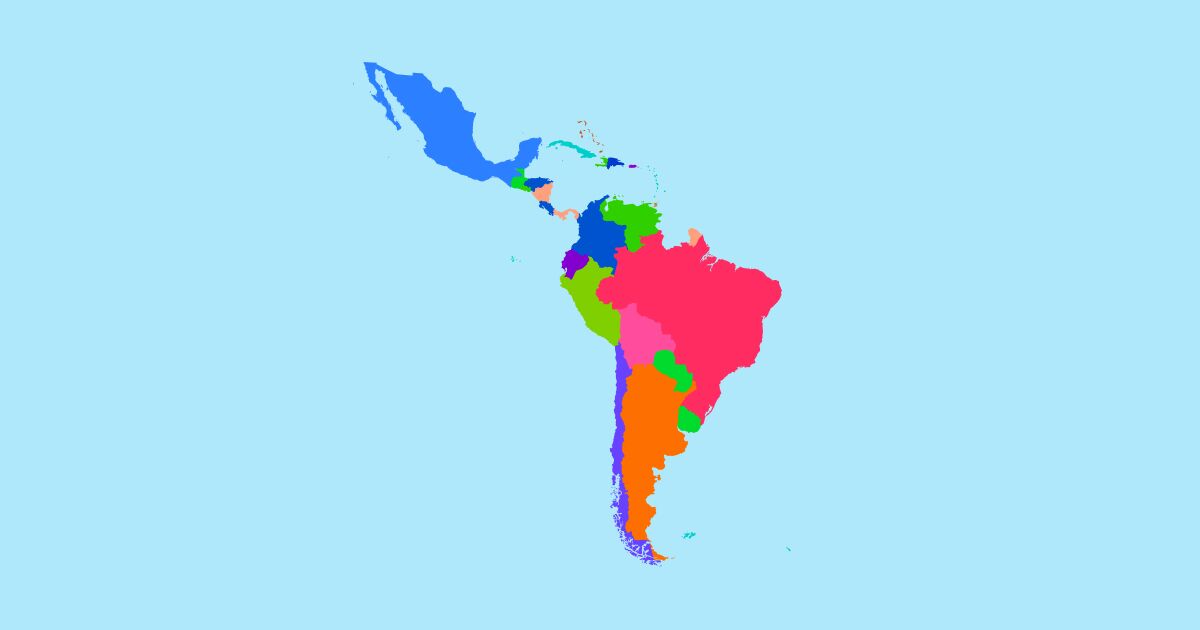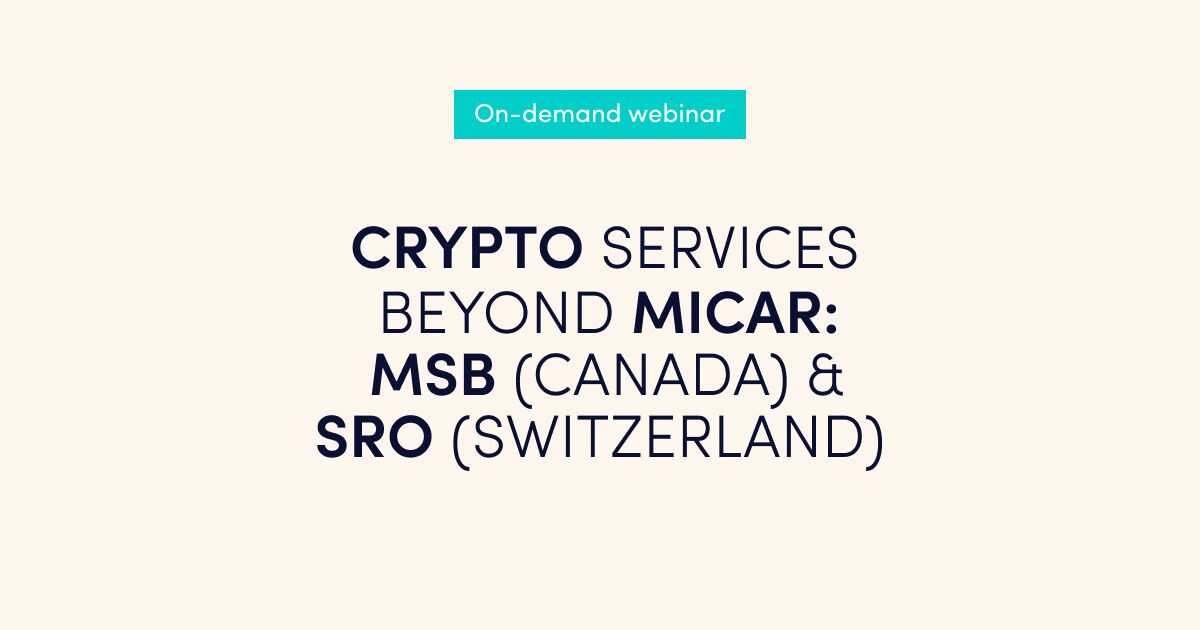In general, there are 2 main types of financial institutions – an Authorised Electronic Money Institution (EMI) and an Authorised Payment Institution (PI). For each type, there is a “small license” – Small Electronic Money Institution (EMI) license and Small Payment Institution (PI) license. What are the differences, advantages and what is the best solution to get started in the payment business? Should you start with a small license or an authorised?
It would seem that this topic is not worth mentioning, because everybody knows what the differences are. However, many would-be entrepreneurs are still perplexed by choice. So, let’s “stick” the main points of differences.
Initial Capital requirements
• Initial Capital Requirements for EMI – EUR 350 000.
• Initial Capital Requirements for PI – from EUR 20 000 (only money remittance) to EUR 125 000.
• There are no Initial Capital Requirements for Small EMI licenses and Small PI license.
Operation limitations for a small EMI and PI
• For small EMIs there are limitations for monthly average outstanding electronic money of €5m and the monthly average of payment services transactions – they must not exceed €3m.
• Small PIs has the same limits for the monthly average of payment services transactions – €3m.
Passporting
A Small EMI and a Small PI is not able to passport their services. Passporting authorizes firms to undertake certain activities throughout the EU without needing further authorization. It means that a firm can advertise its financial services in other EU countries and open offices in other EU countries.
The process of obtaining a license
Usually the process of obtaining small EMI and PI license takes less time, requires less documents and verification. When upgrading from “small” licenses to Authorised institutions, the process involves the same steps and requirements as for new Authorised institution` license.
Fees payable for authorisation or registration
Fees for authorisation as an authorised institution or registration as a small Electronic Money Institution or Payment Institution are applied in accordance with the Payment Services Regulations of each country. In other words, a registration and authorisation fees amount depends on the Regulator`s requirements.
For example, if you apply for a small EMI or PI license in FCA, the UK`s Regulator – there is an application fee of £500, while applying for an Authorised institution you will pay the authorisation fee of £5000.
Advapay is a technology company providing the Digital Core Banking platform to empower fintech clients or digital banks to start their businesses and accelerate digital transformation. The platform delivers all essential functionalities, a front-to-back system and a set of tools to customise and bring new integrations. With Advapay, potential and existing customers can connect either to the cloud-based SaaS or on-premise software. Besides the technical infrastructure, the company provides business advisory and fintech licensing services. Interested to learn more, please drop us a message.








